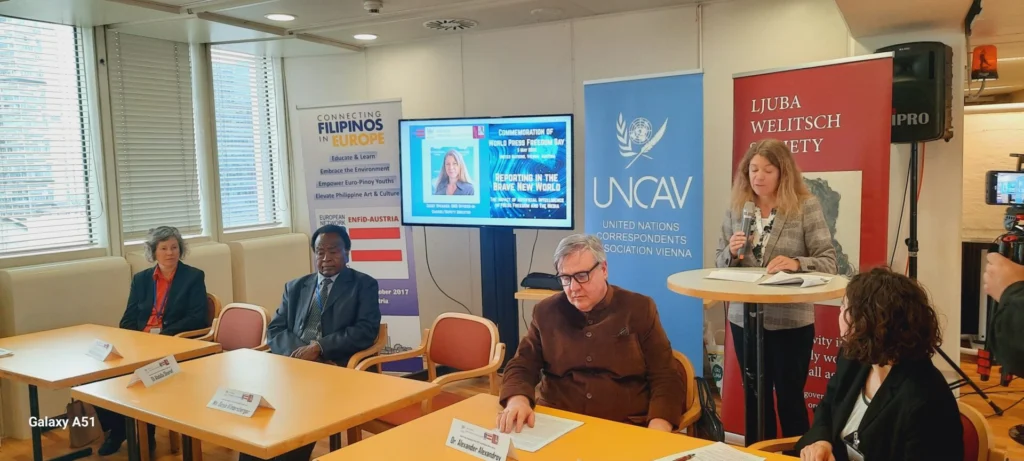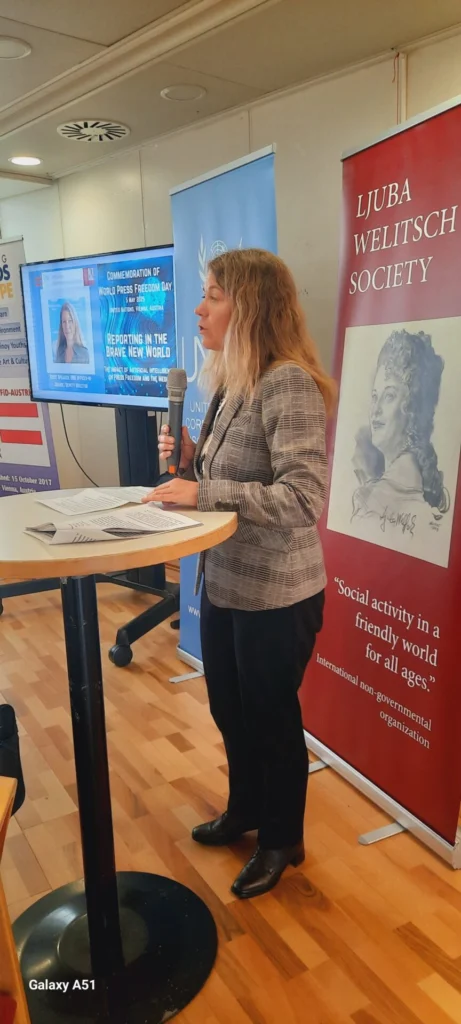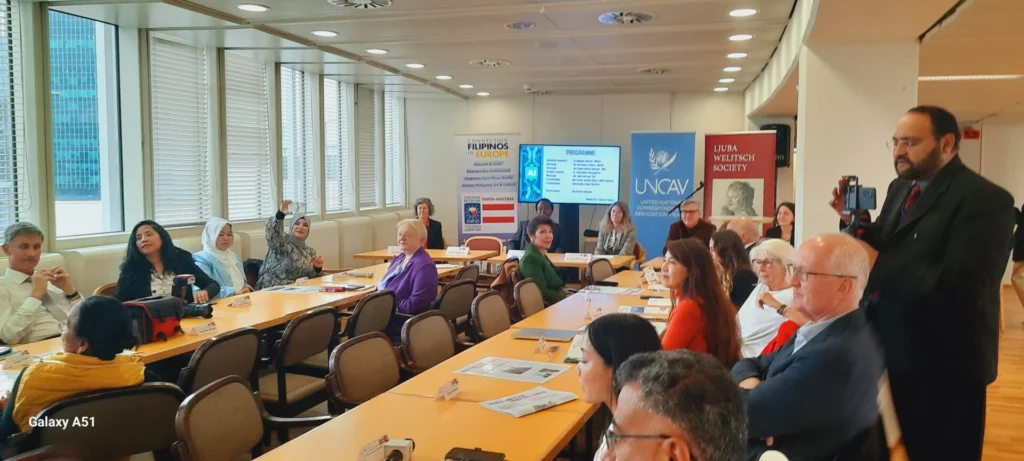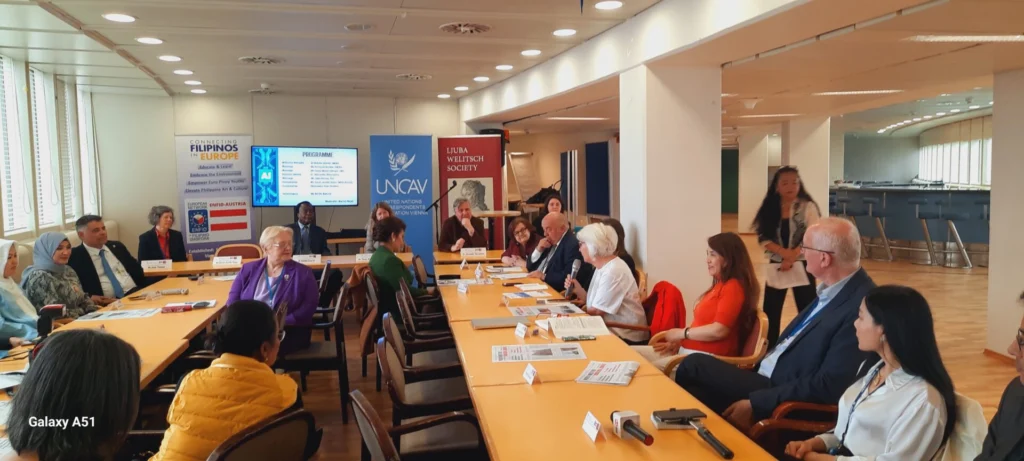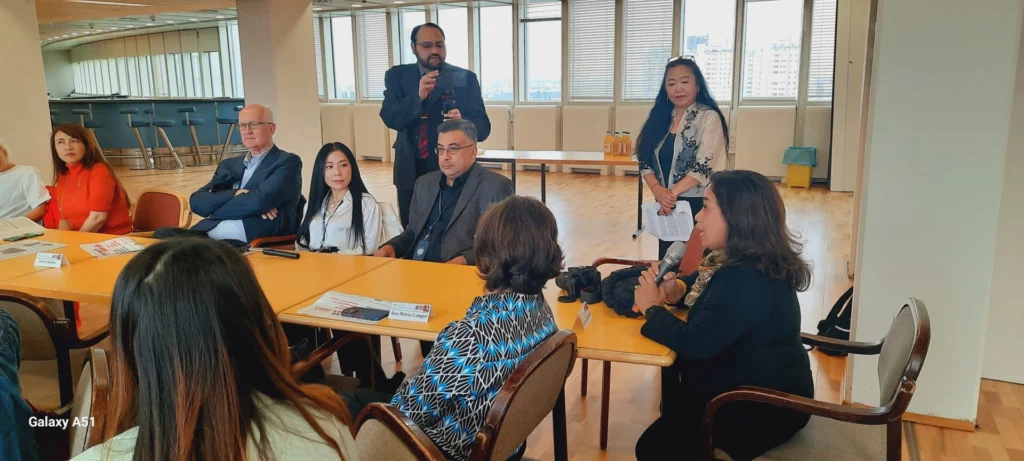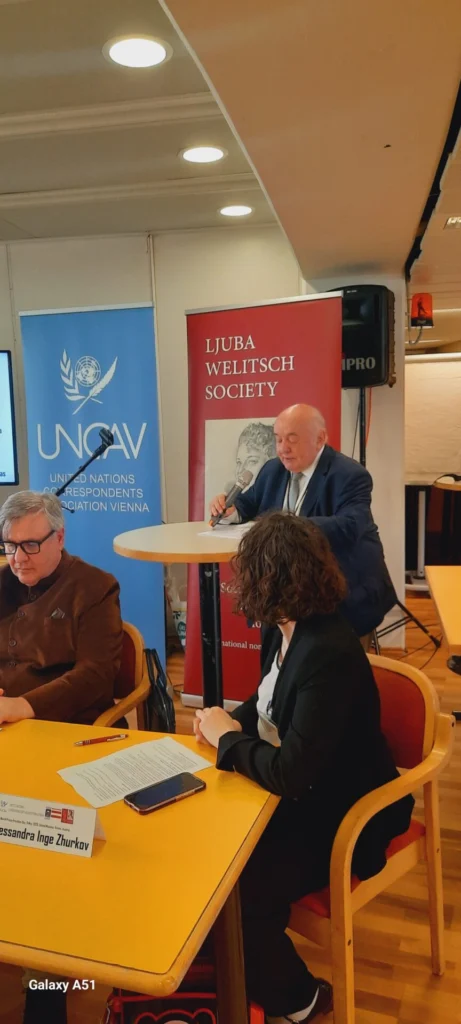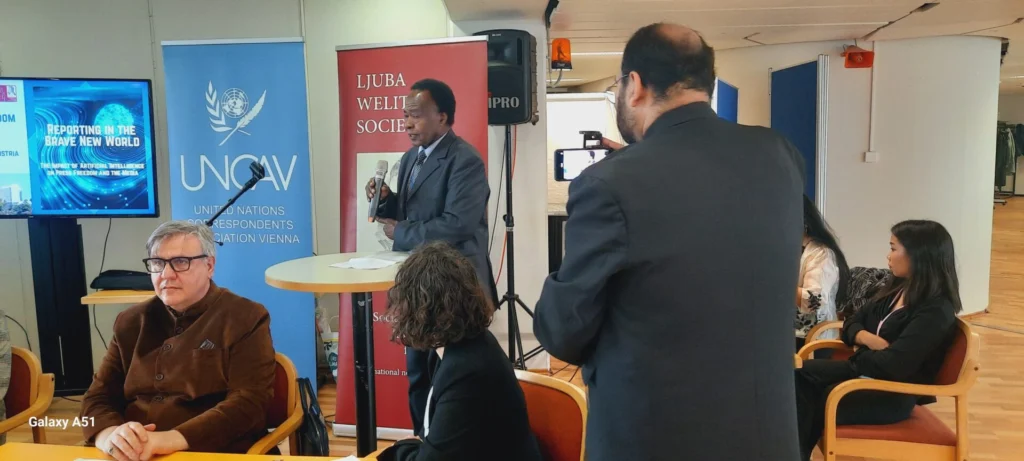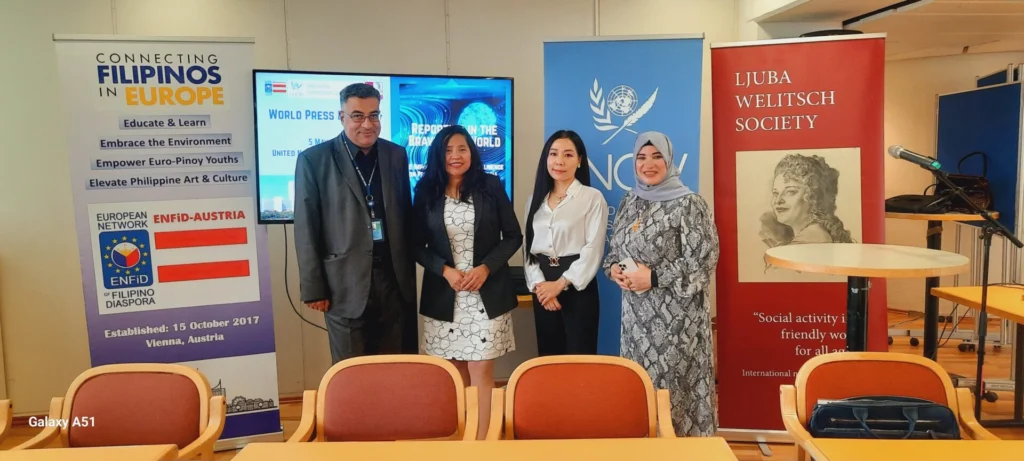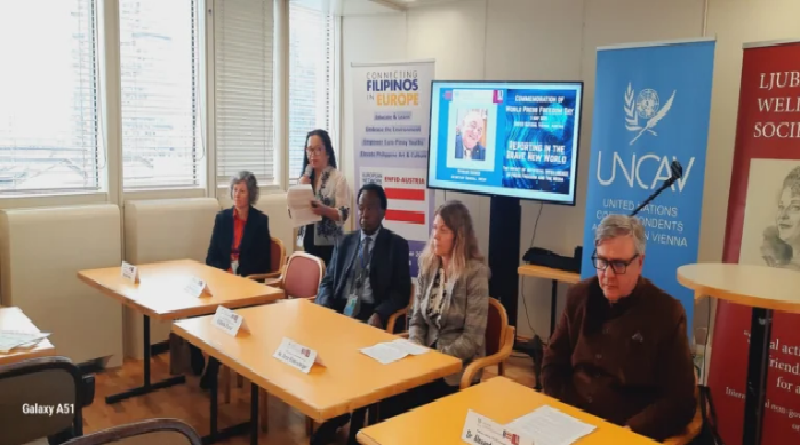The International Day of Press Freedom: Opportunities and Challenges in the Digital Age.
By: Hedi Bousnina 06/05/2025
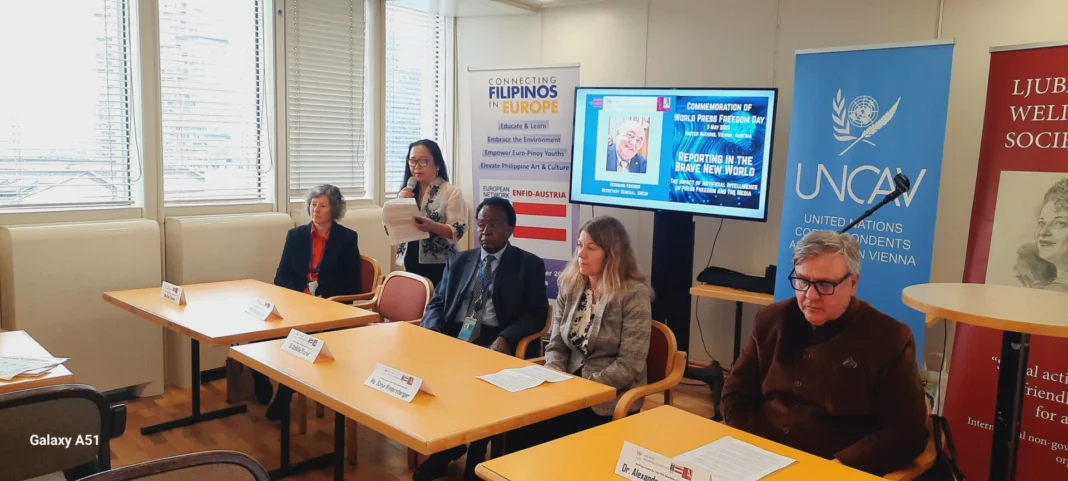
Introduction to the International Day of Press Freedom
The International Day of Press Freedom, observed annually on May 3rd, is an important occasion to honor the fundamental values and ideals of press freedom. Press freedom is not only a basic human right but also a crucial element for the promotion of democracy and social justice. It enables broad access to information, which is essential for citizen awareness and engagement. However, in many countries, media independence is severely threatened, making it vital to highlight the associated challenges.
Globally, journalists and media professionals face numerous threats, including censorship, violence, and imprisonment. In an era dominated by digital technologies and social media, the conditions for reporting are also changing. The rapid development of technologies such as artificial intelligence (AI) presents both opportunities and challenges for press freedom. While AI-powered tools facilitate the processing and dissemination of information, they can also contribute to the spread of misinformation and threaten the independence of journalism.
Furthermore, the influence of algorithms on the visibility of news and the way information is consumed has led to an increasingly fragmented media landscape. This results in multiple versions of truth, making independent reporting more difficult. Therefore, the International Day of Press Freedom is not only an opportunity to celebrate the right to free speech but also a call to improve conditions for journalists and proactively address challenges posed by technological innovations. The day encourages solidarity in defending press freedom and raising awareness about the urgent issues shaping the media world.
Program and Speakers at the International Day of Press Freedom Event
On May 5, 2025, a notable event dedicated to the International Day of Press Freedom took place at the Vienna International Centre. This annual gathering aims to raise awareness of the significance of press freedom and the challenges journalists face. The program includes a series of inspiring speeches and discussions that reflect the current climate of media reporting.
The event began with opening remarks from prominent figures, including the President of UNCAV, Di Sharief Abdalla, who emphasized the fundamental importance of freedom of expression and highlighted the press’s role as a guardian of democracy. He addressed the global responsibility of all stakeholders in safeguarding press freedom and discussed challenges arising from increasing digital control and misinformation.
Another key segment of the program featured Dr. Alexander Alexandrov, who provided an in-depth analysis of the current media landscape. Alexandrov specifically addressed the various challenges journalists face today, such as censorship, threats, and the influence of social media on public perception.
Speakers Sarah Jozelle Rojas and Alessandra Inge Zhurkov also contributed to the discussion, sharing their personal experiences and insights on the real conditions under which journalists operate. They stressed the importance of free and independent journalism in the modern world. The event played a significant role in furthering discussions on press freedom and ways to protect it.
The Role of Artificial Intelligence in Press Freedom
Artificial Intelligence (AI) has taken on a transformative role in the media landscape in recent years, revolutionizing how information is generated, distributed, and consumed. One of the key benefits of AI in press freedom is its ability to analyze vast amounts of data and derive valuable insights. Newsrooms can use AI-driven analytics tools to respond quickly to trends and identify relevant topics that matter to the public. This enhances reporting efficiency and fosters informed citizenship.
However, the use of AI also brings significant challenges. One of the most critical concerns involves the quality and integrity of published information. Automated systems are prone to errors, and inaccurate or distorted data can lead to misleading reporting. The risk of amplifying biases and the possibility of manipulation through targeted data usage also pose serious threats to press freedom. To address these challenges, media organizations must uphold high ethical standards and ensure their AI models are applied transparently and responsibly.
Another crucial aspect is the impact of AI on journalistic practices. While automation can increase efficiency, it also raises concerns about human control over content. Journalists and editors must ensure that the human element remains central in decision-making to preserve the quality and impartiality of reporting. Striking a balance between technological advancement and ethical responsibility is essential to uphold press freedom in a rapidly evolving digital era.
Collaborative Solutions for Securing Press Freedom
Protecting press freedom in today’s digital world is crucial and requires a coordinated effort from all stakeholders, including journalists, media organizations, and the general public. To counter challenges such as censorship, misinformation, and the negative effects of AI, collective solutions are indispensable. These solutions must preserve diverse viewpoints while safeguarding the independence and integrity of the media in the digital age.
A key aspect of collaboration is promoting media literacy in society. It is essential that citizens are equipped to evaluate the quality and sources of information. Awareness campaigns, training programs, and public discussions play a central role in strengthening critical thinking and analytical skills. These initiatives not only help combat misinformation but also foster appreciation for high-quality journalism based on factual accuracy.
Additionally, media organizations should establish networks to share experiences and best practices. Such collaborative approaches enable journalists to gain broader perspectives on the challenges they face and develop effective strategies for reinforcing press freedom. This may also involve creating legal frameworks that allow journalists to work independently and protect them from potential reprisals.
In summary, protecting press freedom in the digital era requires deep cooperation among all stakeholders. Only through collective action and the promotion of media literacy can a secure and independent press landscape be built, capable of addressing the challenges of contemporary society.
